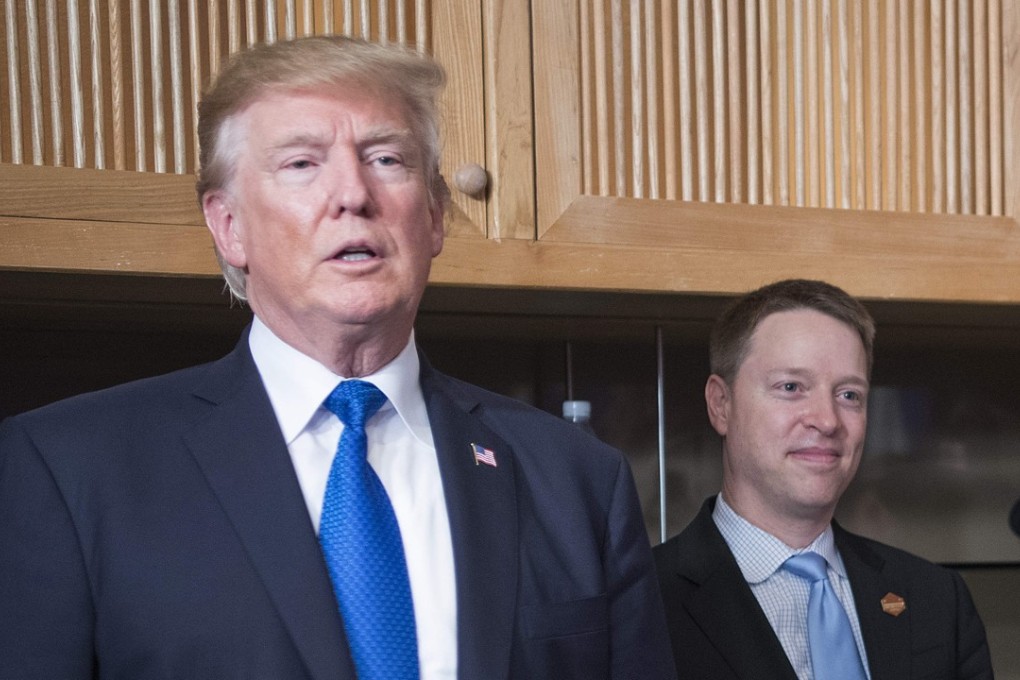Politico | The White House official Trump says doesn’t exist
Meet Matthew Pottinger, the former journalist who became the president’s top Asia hand.

This story is being published by the South China Morning Post as part of a content partnership with POLITICO. It was written by Michael Crowley and originally appeared on politico.com on May 30, 2018.
Matthew Pottinger must have been surprised to learn that he doesn’t exist. As the top official for Asia on President Donald Trump’s national security council, Pottinger had briefed dozens of reporters about North Korea two days before Trump angrily tweeted that a New York Times article citing his remarks had relied on an official who “doesn’t exist.” The president was furious that the Times had paraphrased Pottinger, who spoke on background and thus could not be identified in its story, as saying it would be “impossible” for Trump to go forward with his June 12 summit with North Korean leader Kim Jong Un because there wasn’t enough time to prepare.
“Use real people, not phony sources,” Trump fumed.
A debate ensued online about whether the Times accurately characterized Pottinger, who never used the word “impossible,” although he did come close, saying that the summit date is “in 10 minutes, and it’s going to be — you know…” without finishing the thought.
But there is no debate about whether Pottinger is real. More than that, he is among Trump’s longest-serving aides. As the national security council’s director for Asia, the sandy-haired and boyish-looking 45-year-old is the president’s top adviser on North Korea and China. He organized Trump’s 12-day trip to Asia last fall, during which he was rarely far from the president’s side. He has played a central role in coordinating Trump’s North Korea policy since early last year — one reason he was among a handful of U.S. officials to fly into Pyongyang earlier this month with Secretary of State Mike Pompeo. And he has been in the thick of White House preparations for a possible summit with Kim.
Pottinger, says former White House chief strategist Steve Bannon, is “one of the most significant people in the entire U.S. government.”